Recently there have been news reports about the importance of keeping a food journal for weight loss. Here is a link to a report from ABC news.
Keeping a Food Journal has been a part of my work with my coaching clients for many years. It is an important part of discovering what causes you problems and learning how to avoid these problems when you are making diet and lifestyle changes. The journal allows you to see connections between what you eat and do and how you feel as well as how you feel impacts what you eat.
Your wellness/food diary will provide a wealth of information about what works for you and what doesn’t.
I recommend a wellness/food journal that combines keeping track of your food and beverage intake along with your thoughts, events, emotions, activities and other observations you have throughout the day. Journaling helps you identify and understand how the way you eat affects the way they feel and how you feel also affects the way you eat. It will help you identify your addictive patterns in relation to your food and lifestyle choices. It helps you identify what foods are beneficial or harmful for you. It will assist you create a tailor made recipe for transitioning to and maintaining your healthier ways of eating and living.
Your wellness/food journal belongs to you. Keep it private so that you will feel comfortable sharing your thoughts freely.
This is how it is done:
Keep your journal for as long as you can. The more detailed and the longer you keep it the more it can help you.
- It is best to use a well-made bound journal with lines, quadrille ruled or a dot grid.
- Use as much space and as many pages per day as you need in order to fully express yourself and record the details of your day.
- Record as many details as possible. The more information you have the more it will help you notice patterns and problem areas.
- Start a new page with each day and date each page.
Here’s what to write down:
- What and when you eat/drink.
- Where you were when you ate it (if it was not at home.)
- How much you eat/drink including size and number of portions.
- How you emotionally felt before and after you ate/drank it.
- What you were doing when you ate/drank it.
- What and when were your activities/exercise that day.
- How you feel about the choices you made.
- Stressors or struggles you faced.
- What and when were the drugs or medications you took that day.
- Your numbers, if you are tracking your weight, blood pressure, blood sugar levels etc.
- What and when were any recreational substances you took that day and how you felt as a consequence.
- How you slept the night before.
- How your body felt that day.
- Your libido and/or sexual activity that day.
- Dreams you remember from the night before.
- Thoughts, feelings or ideas you had that day.
Remember this is FOR YOU! You will get out of it what you put into it. If you only do a partial job recording your experiences you will limit how much you can got out of it. If instead you include as much detail as possible, your journal can be a very powerful tool in helping you discover how to move towards becoming Whole & Healthy!
For more about journaling check out these posts.





Pingback: Help! I've Fallen (Off the wagon) And I Can't Get Up!
Pingback: How To Stick To A Vegan or Vegetarian Diet